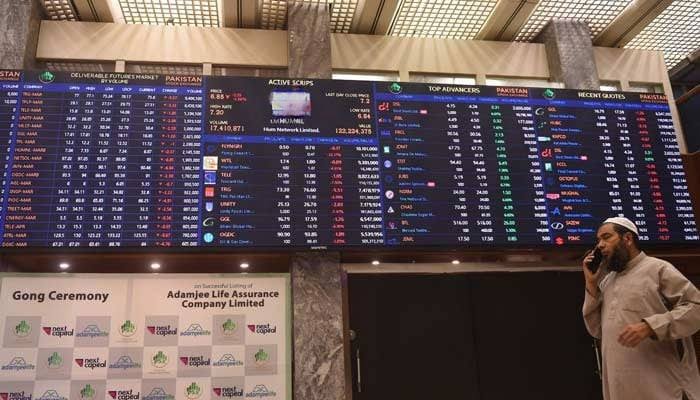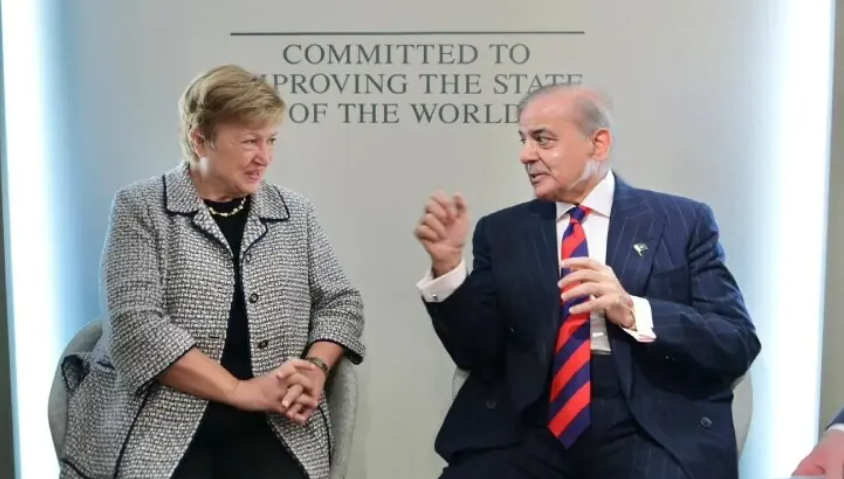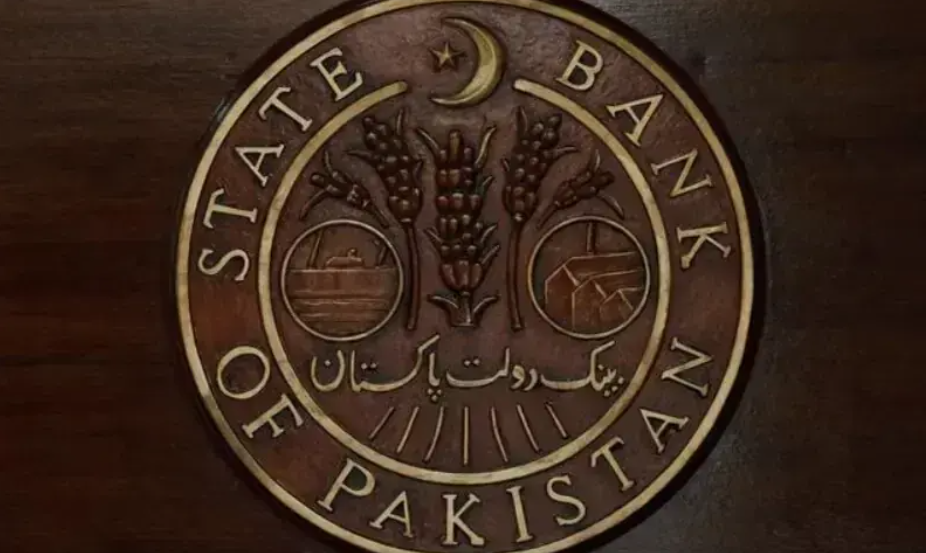TRADE & ECONOMY

Karachi: The Pakistan Stock Exchange (PSX) witnessed a sharp decline on Thursday, with the benchmark KSE-100 index plummeting by over 2,000 points, reflecting growing investor concerns following escalating tensions between Pakistan and India. The market was heavily impacted by the aftermath of a deadly attack in occupied Kashmir, which resulted in the deaths of over two dozen tourists.
At 11:13 am, the KSE-100 index had already dropped by 1,086.51 points, or 0.93%, standing at 116,139.63. The negative momentum continued throughout the day, with the index dipping further by 2,116.92 points, or 1.81%, by 2:56 pm, reaching 115,109.22. By the close of the market, the index stood at 115,019.81, marking a total loss of 2,206.33 points, or 1.88%, from the previous close.
Market Reaction to Geopolitical Tensions
According to Yousuf M. Farooq, Director of Research at Chase Securities, the market opened lower due to fears of escalating tensions between India and Pakistan. "While positive corporate earnings provided some relief, investor sentiment largely depends on the developments in India-Pakistan relations and upcoming corporate results," he stated.
Sana Tawfik, Head of Research at Arif Habib Limited, attributed the negative momentum mainly to the geopolitical situation. "The major factor behind the decline remains the tensions between India and Pakistan, though we are expecting low inflation in the upcoming months," she added.
Further complicating matters, the International Monetary Fund (IMF) has lowered Pakistan’s economic growth forecast to 2.6% for the current fiscal year, raising concerns about the country’s economic outlook. Additionally, Fitch Ratings highlighted fears that the Pakistani rupee may fall to Rs285 against the US dollar by June, with further depreciation expected by the end of the next fiscal year.
Impact of Kashmir Attack and Indian Response
The attack in occupied Kashmir’s Pahalgam, which left 26 people dead and 17 others injured, has been a significant trigger for market volatility. In response to the attack, India suspended the Indus Waters Treaty (IWT) with Pakistan, escalating regional tensions. Pakistan, in turn, convened a National Security Committee meeting to address the situation.
Shahbaz Ashraf, Chief Investment Officer at FRIM Ventures, noted that despite the early market drop, there had been a slight recovery. "Investors remain cautious, weighing potential responses from both India and Pakistan," he said. However, he also pointed out that the current macroeconomic conditions in Pakistan were more resilient than during the 2019 Pulwama attack, when the market experienced a sharper 5% decline.
Cautious Outlook Amid Economic Concerns
The IMF’s updated economic projections further added to the market’s bearish sentiment. With inflation expected to remain high and a significant decline in Pakistan’s economic growth forecast, investors are wary of the broader economic implications.
Mohammed Sohail, CEO of Topline Securities, echoed similar concerns, noting that geopolitical risks continue to influence market sentiment. However, he remained hopeful that any short-term market declines could present an opportunity for long-term investors.
Meanwhile, India’s financial markets also showed signs of caution. The Indian rupee weakened to its worst performance in two weeks following the attack, and foreign exchange and interest rate traders turned cautious amid fears of further escalation.
Looking Ahead
With the geopolitical situation uncertain, the future of the market remains highly contingent on developments in the India-Pakistan relationship and the broader economic climate. Investors will be closely monitoring the outcome of the National Security Committee meeting in Pakistan and the potential diplomatic responses from India.
As tensions continue to rise, the Pakistan Stock Exchange remains volatile, and the outlook for the short term remains uncertain. However, market experts suggest that such pullbacks could be seen as buying opportunities for long-term investors looking to capitalize on the market’s eventual recovery.




